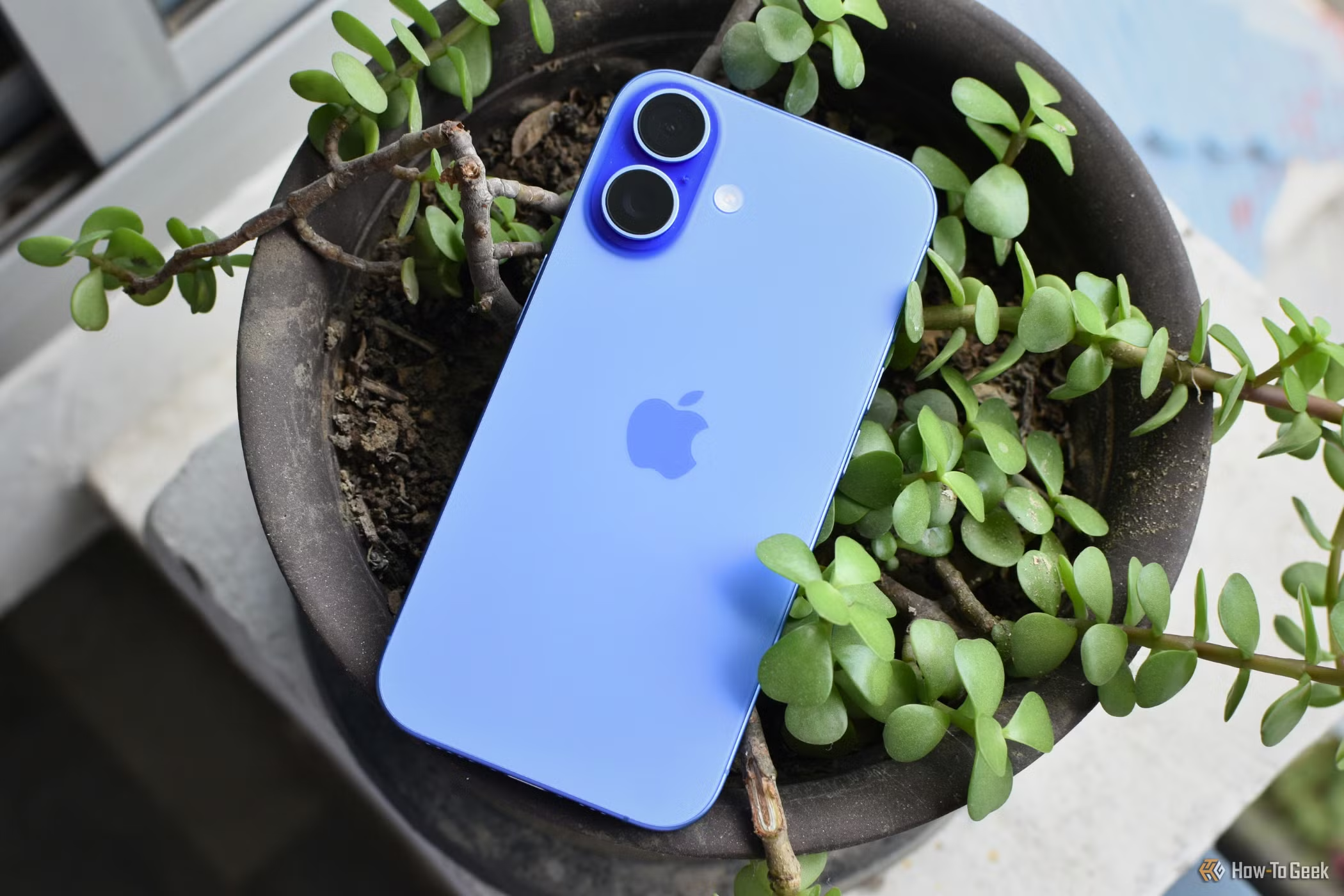The iPhone 16, which was officially launched in September 2024, has already made its way into Indonesia, despite not yet being allowed for official sale in the country. As of October 2024, over 5,400 units of the iPhone 16 were brought into Indonesia through passenger luggage and postal shipments, according to data from the Directorate General of Customs and Excise (DJBC) of Indonesia's Ministry of Finance.
Although the iPhone 16 has not been cleared for sale in Indonesia due to restrictions on local content (TKDN) set by the Ministry of Industry, it is still allowed to enter the country as long as it is not for commercial purposes. Chotibul Umam, the head of the Import Subdivision at DJBC, clarified that these devices were imported legally as personal goods and not for resale.
Indonesia’s customs regulations, according to Government Regulation No. 46 of 2021 and the Minister of Trade Regulation No. 8 of 2024, permit travelers to bring in up to two units of electronics for personal use annually under Free Trade Zones. Customs officials distinguish between personal goods and commercial items, with personal devices subject only to taxes and import duties.
“If the iPhone 16 brought in is for personal use, it’s exempt from import restrictions,” said Umam. However, if the phones are found to be intended for resale, they are considered illegal and will be confiscated.
The government has set a tax-free threshold of $500 USD for personal goods. Any amount above that incurs import duties of 10%, a 12% Value Added Tax (VAT), and additional income tax (PPh) depending on the traveler’s tax status. For example, a $20 million iPhone 16 would incur taxes based on the excess value above the $500 threshold.
Despite these legal imports, Apple has yet to receive approval to sell the iPhone 16 in Indonesia. The company has been actively negotiating with Indonesian officials, hoping to clear regulatory hurdles. In early January 2025, Apple executives met with the Minister of Industry and the Minister of Investment to discuss an investment plan worth $1 billion to establish an AirTag manufacturing facility in Batam. However, the AirTag plant’s investment is not relevant to the iPhone 16’s TKDN requirements, as the AirTag is a separate device.
With Apple’s continued efforts to enter the Indonesian market, the outcome remains uncertain as the company navigates the complex regulatory landscape in the country.
SOURCE: KOMPAS | PHOTO: HOWTOGEEK
Read More






 Friday, 06-02-26
Friday, 06-02-26







